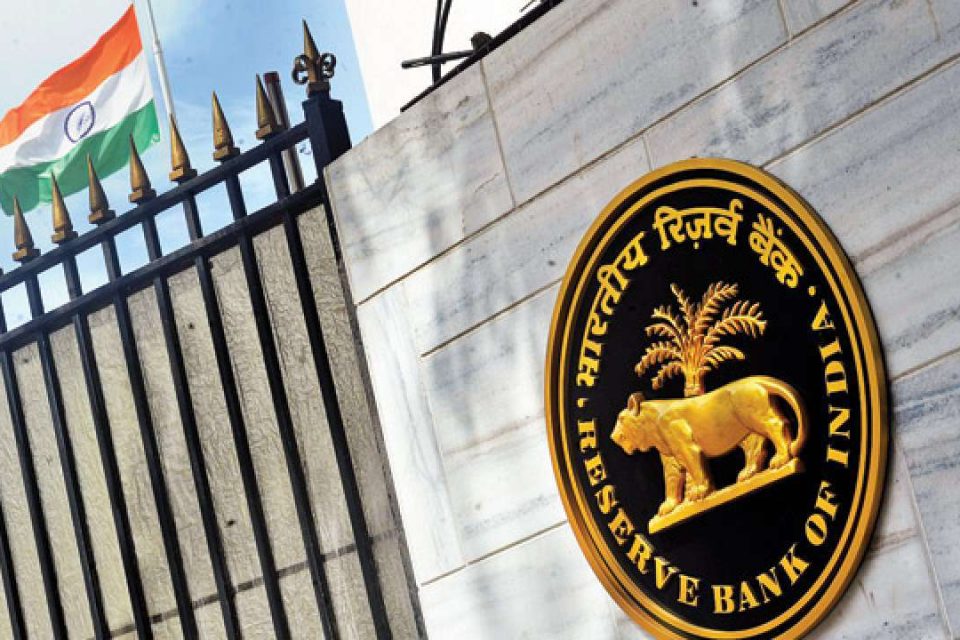Reserve Bank of India (RBI) Urges G-20 To Focus on Macro Risks of Cryptocurrencies

In its annual report published on 30th May, the Reserve Bank of India (RBI) has expressed its intention to expand the global narrative surrounding cryptocurrencies. The central bank aims to shift the discussion beyond financial stability and integrity concerns to encompass the macro-financial and cross-sectoral implications and risks associated with crypto-assets. This move emphasizes the potential impact of cryptocurrencies on the global economy as a whole, rather than on individual nations and customers alone, according to government sources familiar with the matter.
While the RBI has previously expressed concerns about the threat cryptocurrencies pose to financial stability, this marks the first explicit articulation of the central bank’s intent as a significant stakeholder in the ongoing global conversation on global crypto rules.
Crypto Regulation Takes Center Stage as India Leads G-20 Presidency
India, currently holding the presidency of the Group of 20 (G-20) nations, wields considerable influence over the agenda-setting process. The RBI collaborates with the Finance Ministry to shape the agenda and has asserted that addressing the regulation of crypto assets should be an international priority during India’s G-20 presidency.
Earlier this year, India announced that forthcoming global crypto rules would be informed by a new synthesis paper jointly produced by the International Monetary Fund (IMF) and the Financial Stability Board (FSB). The FSB, which establishes international standards for global financial stability, is expected to publish its individual recommendations for regulating cryptocurrencies and stablecoins in July 2023.
RBI Sets Sights on Broader Crypto Asset Narrative and CBDC Expansion
According to the RBI annual report, the intent behind India’s G-20 presidency is to broaden the crypto asset narrative, encompassing not only financial stability and integrity concerns but also capturing the wider macro-financial implications and risks associated with these assets. Additionally, the report revealed that the central bank is prioritizing discussions on central bank digital currencies (CBDCs), focusing on their macro-financial implications.
Expanding upon ongoing retail and wholesale CBDC pilots, the RBI plans to incorporate various use cases and features, extending beyond the current 15 cities and 13 banks, as outlined in the report. The retail CBDC pilot commenced in December 2022, and by April, it had onboarded over 100,000 customers, with the goal of reaching one million customers by July.
Discuss this news on our Telegram Community. Subscribe to us on Google news and do follow us on Twitter @Blockmanity
Did you like the news you just read? Please leave a feedback to help us serve you better
Disclaimer: Blockmanity is a news portal and does not provide any financial advice. Blockmanity's role is to inform the cryptocurrency and blockchain community about what's going on in this space. Please do your own due diligence before making any investment. Blockmanity won't be responsible for any loss of funds.
















